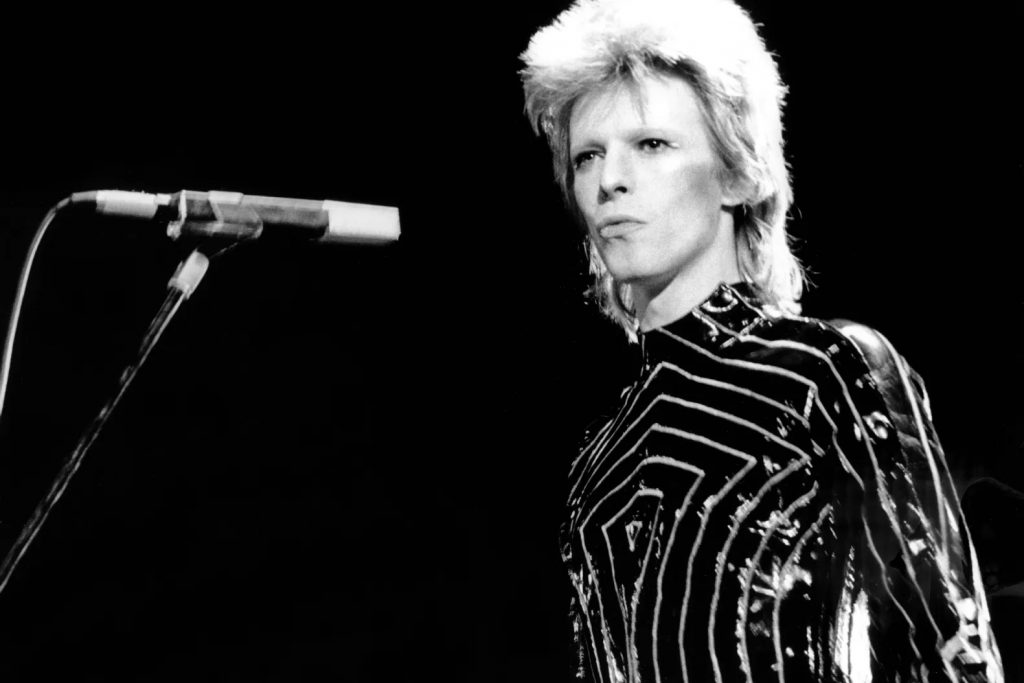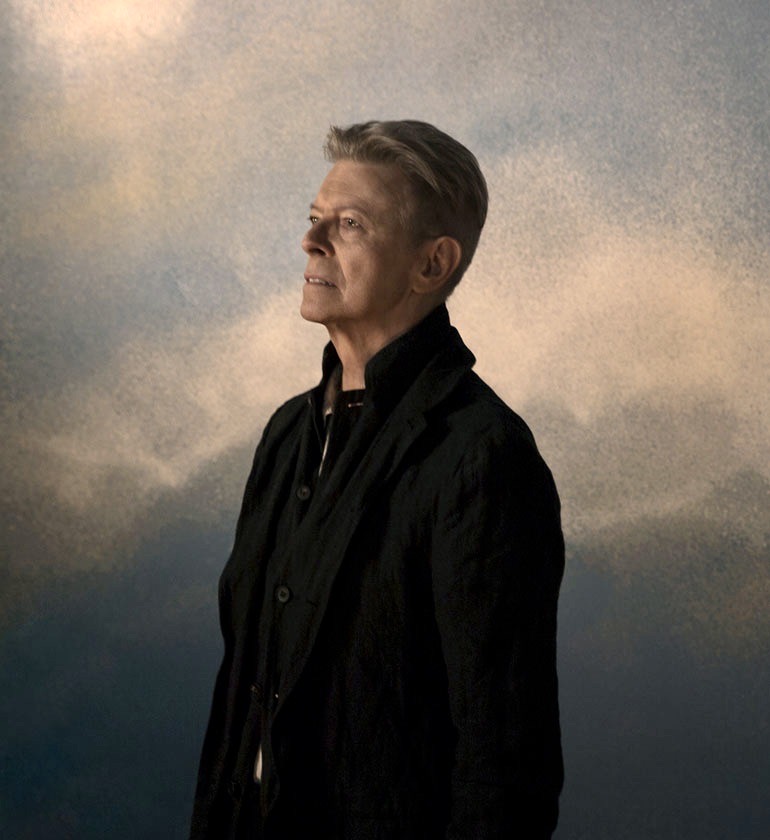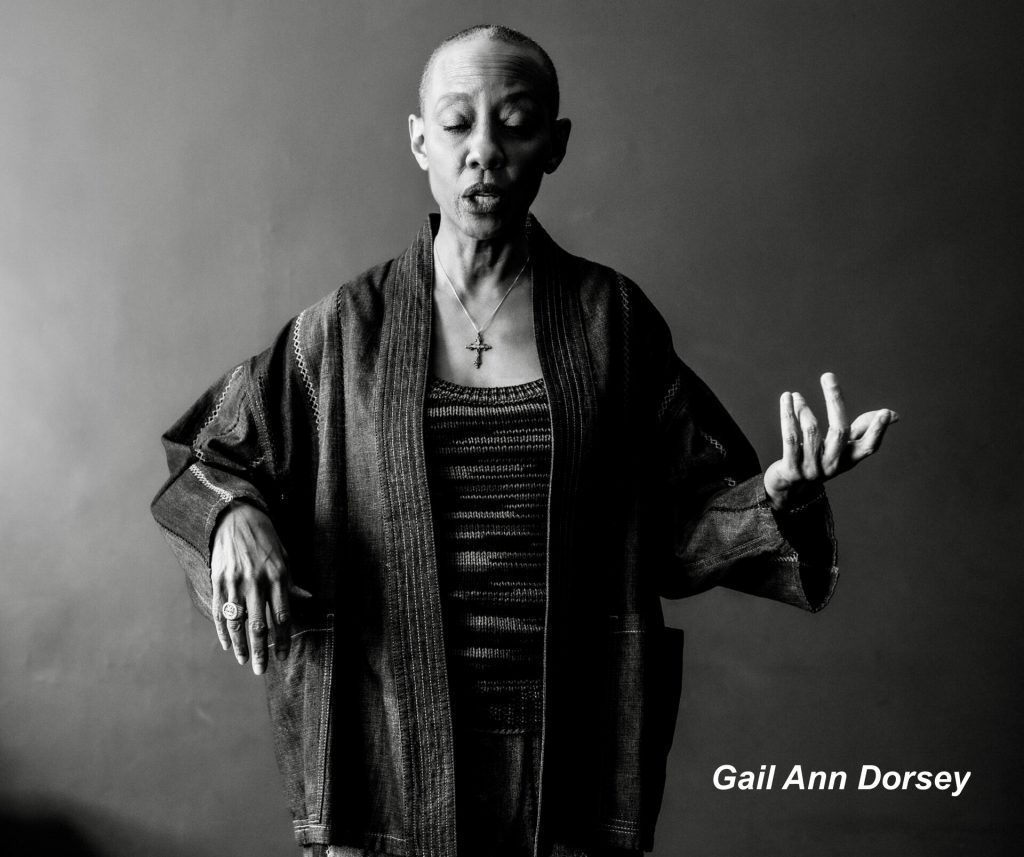
Written by Michael David Martin
Edited by Sason Bishope Parry
San Francisco Ca USA
BLACKSTAR Symphony wasn’t just a concert; it was a full-on experience that bent time and blurred genres. Being a massive Bowie fan, I was not only in awe but excited that his final work was coming to San Francisco’s Davies Hall. And on Friday, June 27th, I got to witness David Bowie’s legendary and final album Blackstar get reimagined with a massive 65-piece orchestra, joined by members of his original band. It was deep, cinematic, and totally immersive – everything I would expect from such an incredible artist who has left a legacy of work behind. And just when you thought it couldn’t get any better, the night opened up into a celebration of Bowie’s greatest hits, think “Space Oddity,” “Life on Mars,” and “Heroes.” It was more than just a tribute; it was a magical, powerful, and emotional journey through the mind of a true musical genius, one that paved the way for many to follow. The San Francisco Symphony did a deep dive into Bowie’s galaxy, celebrating his final album, Blackstar. The work was created in collaboration with Blackstar Artistic Director and saxophone visionary Donny McCaslin. This one was personal, as McCaslin and his original jazz quartet returned to the stage, the same crew who helped shape the album’s haunting, genre-defying sound. The lineup was stacked: Bowie’s longtime collaborator Gail Ann Dorsey, vocalist David Poe, and the electrifying John Cameron Mitchell (of Hedwig and the Angry Inch fame) lit up the stage in a tribute that wasn’t just music, it was pure art, memory, and Bowie’s immortal spirit brought to life. Blackstar felt like a cryptic letter from beyond. It was Bowie’s most raw, experimental, and defiant piece of work. From the opening title track, it was clear this wasn’t just another album; this was a final statement, a self-aware masterpiece steeped in jazz, electronic noise, and avant-garde experimentation. The music itself was unsettling, yet magnetic, pulling you through a world of shadowy mystery, strange rhythms, and haunting melodies. Every track felt like a puzzle, but it was one you wanted to keep solving. It was dark, yet beautiful; this was Bowie at his most fearless, with no boundaries, no rules, just pure artistic freedom in action. But it wasn’t just the sound, it was the soul of the album that pulled at heartstrings.

Bowie clearly knew this would be his last contribution to the world, and Blackstar was his way of saying goodbye while confronting mortality, or in his case, immortality. It was at once cryptic and deeply personal, exploring themes of death, legacy, and transcendence. Songs like “Lazarus” spoke directly to every listener with an eerie prophecy, while “Dollar Days” felt like a raw and vulnerable goodbye letter. In its totality, Blackstar wasn’t just a farewell; it was Bowie leaving his final, untouchable mark on music. His ultimate masterpiece that will forever linger in the space between life and death, and in my memory as one of the best pieces of musical work of my era.

The raw, experimental pulse of Bowie’s final album colliding with the full force of San Francisco’s favorite orchestra was mind-blowing. The strings and brass didn’t just play, they brought new life into the haunting melodies, turning them into something much bigger, richer, and more cinematic. The delicate jazz grooves blended seamlessly with the orchestra’s sweeping arrangements, giving the entire album a surreal, otherworldly feel, as though Bowie was speaking to us from the other side. It was Bowie’s sonic universe stretched, expanded, and transformed into a full-on emotional avalanche of beats. As the music swelled, the symphony continued to elevate those eerie, cryptic moments into something profound, something special. I just loved how the orchestra brought out new textures in each song.
Where the original pieces were sparse and intimate, now they were lush, intense, and all-encompassing, making the entire audience move to every note. Hearing the incredible strings rise in “Lazarus” or the brass section punctuate the dark groove of “Blackstar” hit me in a way that the original recordings never could, and I soaked in every moment. It was as if Bowie’s world had been reinterpreted through this vast, orchestral lens, creating a soundscape that was just as haunting, just as bold, yet even more powerful than hearing the album for the first time. This was Blackstar like you’ve never heard it before, capturing the mystery, the beauty, the rawness, and pushing it to the absolute edge, and I was thrilled to be a part of it. One of the night’s highlights came as the presence of Gail Ann Dorsey, a true force in music. As one of David Bowie’s longest-running collaborators, she held down the bass and vocals onstage and in the studio from 1995 until his passing in 2016. She became an essential part of his live sound, owning the spotlight with her unforgettable lead vocal on “Under Pressure,” stepping into Freddie Mercury’s shoes and making it her own. Just Wow! Beyond Bowie, she’s worked with big legends like Tears for Fears, Lenny Kravitz, and Bryan Ferry, and even led the band for Gwen Stefani. Gail doesn’t just play, she elevates everything she touches and brings her own magic to every selection. Looking up in Davies Hall, I noticed all the upper-level seating was full, a testament to Bowie’s magnetic pull. San Francisco Bowie fans spared no expense for this one-of-a-kind experience. The concert also coincided with San Francisco Pride weekend, which made sense, as Bowie was a prominent LGBTQ ally, having blurred the lines of his sexuality and gender in years past. If David Bowie were to speak to the heart of San Francisco’s LGBTQ+ spirit, it would be a message wrapped in pride, defiance, and love —everything the city stands for.
He’d probably say something like: “San Francisco, you’re a city that pulses with the rhythm of the brave, the bold, and the beautiful. You know better than anyone that love is limitless,
that freedom is the most radical act of all. I’ve always believed in the power of transformation, in being who you are, unapologetically. We are all fluid, we are all infinite, and together we create a world that doesn’t fit inside boxes. We’re all shining stars in this kaleidoscope, and the more we embrace each other’s light, the brighter we shine. Never stop being true to yourselves, for it is the rawness of our authenticity that will save us all.”
Blackstar was a moment in time, a moment to be remembered. And a tribute beyond what I could have ever imagined for an artist that changed my life, redefined music, and taught many of us what it means to truly live life to the fullest. Bravo to the symphony and all the incredible players for bringing Blackstar and Bowie back to life…
Artists: Donny McCaslin Artistic Director Vince Mendoza Conductor John Cameron Mitchell Guest Artist Gail Ann Dorsey Vocalist David Poe Vocalist Jason Lindner Keyboard Jonathan Maron Bass Zach Danziger Drums San Francisco Symphony FOR COMPLETE INFORMATION ON THE SF SYMPHONY GO TO: www.sfsymphony.org
